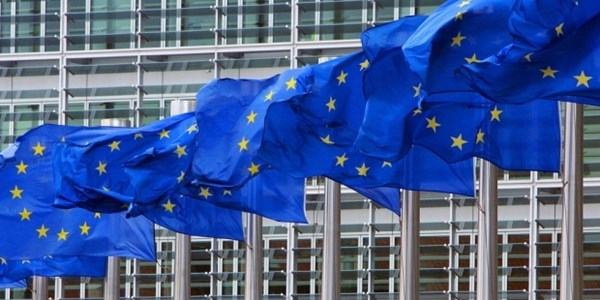Slovakia signals support for EU's 18th sanctions package against Russia, seeks economic safeguards
Slovakia's Foreign Minister, Juraj Blanar, has expressed his readiness to support the 18th EU sanctions package against Russia. This comes following comments by his Hungarian counterpart, Peter Szijjarto, who stated that both Hungary and Slovakia are against the new round of anti-Russian measures.
On the evening of June 23, Blanar said that the Slovak government assesses each sanctions package by considering whether these restrictions could harm Slovakia's national economy. "Negotiations are still ongoing. But based on the discussions so far, it's clear that the package will not adversely impact Slovakia's economy, and we are ready to support it," Blanar stated after the EU Foreign Affairs Council meeting in Brussels. However, he added that Slovakia would require "guarantees" and support to mitigate the consequences of moving away from Russian energy sources.
"There are also arbitration risks that could affect the Slovak Republic - possibly to the tune of up to 20 billion euros. That's why we demand guarantees on how these negative consequences will be addressed," the minister explained.
Blanar emphasized that for Slovakia, it's politically important that the discussion of the sanctions package is linked to the RePowerEU proposal (the European Commission's plan to move away from Russian energy sources). Therefore, both he and Slovakia's Prime Minister Robert Fico are aiming to meet with European Commission President Ursula von der Leyen and Danish Prime Minister Mette Frederiksen, whose country will be presiding over the talks on the RePowerEU initiative.
On Monday, Hungary's Foreign Minister Szijjarto stated that Budapest and Slovakia opposed the new package of anti-Russian sanctions due to concerns about energy security. Nevertheless, according to media reports, "there is still hope" that the objections of both countries "can be resolved."
Slovakia has never blocked sanctions against Russia, notwithstanding several threats to do so. Analysts indicate that despite often combative rhetoric from Slovak officials, the country "does not have a track record of defiance" in practice. Hungary, on the other hand, frequently opposes EU initiatives to support Ukraine and impose restrictions on Russia. Both countries still rely on Russian energy sources and maintain ties with Russia.
Von der Leyen officially unveiled the 18th package of sanctions against Russia on June 10. This package proposes banning transactions with the Nord Stream pipelines and extending the list of sanctioned banks.
